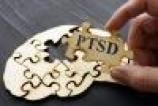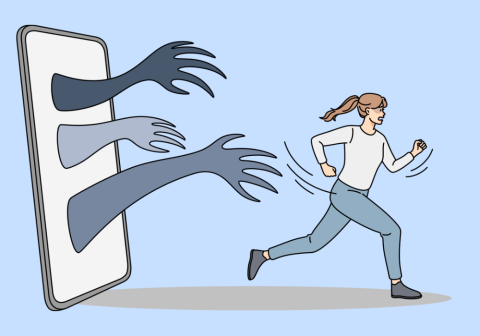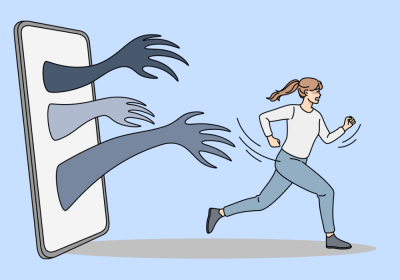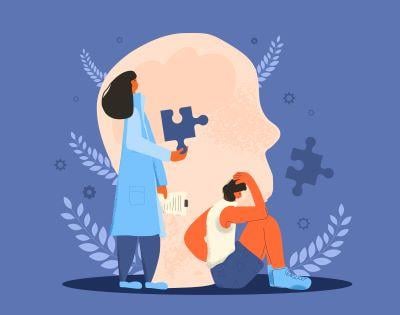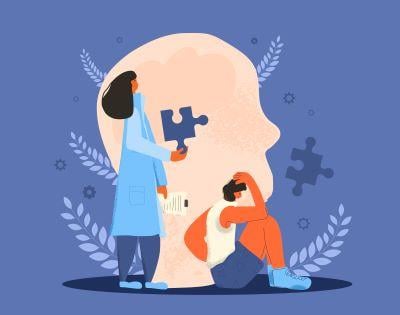Is What You're Feeling PTSD? What To Do To Help
Is What You're Feeling PTSD? What To Do To Help
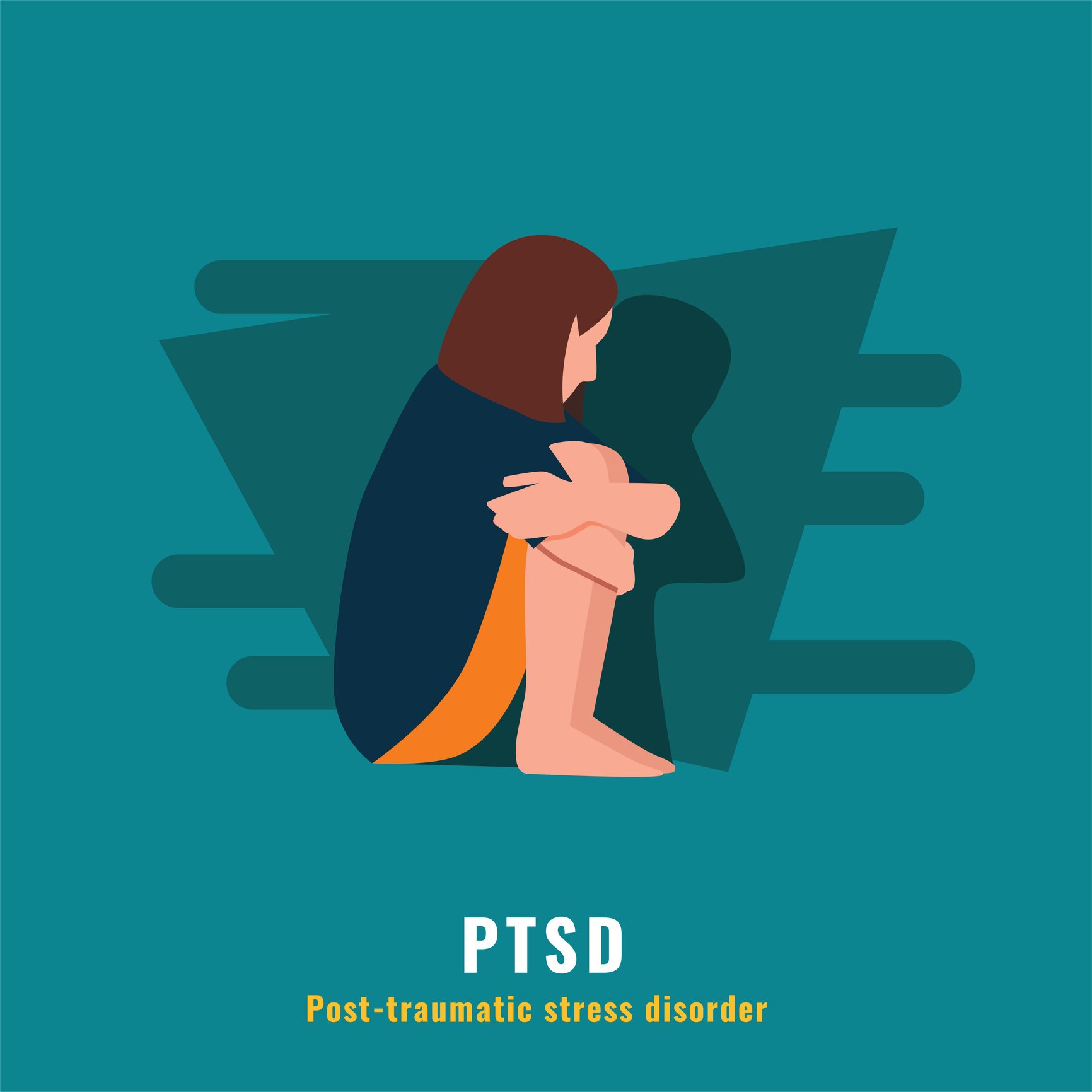
If you’re wondering whether you or a loved one might be suffering from posttraumatic stress disorder (PTSD), there are some important things for you to know. One of the most important things to know is that treatment is available. Decades of clinical research have taught us what is likely to help someone with PTSD. It is a treatable condition.
What Leads to PTSD?
The next important thing to know is that PTSD only happens following certain kinds of events. These events involve actual or threatened death, serious injury, or sexual violence. Examples include events such as: earthquakes, assaults, combat experiences, motor vehicle accidents, sexual assaults, near drownings, muggings, kidnappings, and shootings. This is not a complete list, as there can be other events that lead to PTSD.
Some events often have a significant impact on people over months and years, but would not be considered the type of traumatic events that lead to PTSD. Examples would include losing a job, being subject to verbal abuse, losing a loved one to natural causes, or losing a pet. These and other events can have a profound impact, to be sure, but they would not typically lead to PTSD.
How to Know If You Might Have PTSD
If you’ve endured an event involving sexual violence or actual or threatened death more than one month ago, and are experiencing some of the following symptoms, you may want to seek an evaluation for PTSD:
- Nightmares
- Depression
- Anxiety
- Feeling on guard or jumpy - more so than you did before the event
- Avoiding things that remind you of the event
- Increased alcohol or marijuana use
- Intrusive memories of the event
- Avoiding thinking about the event
- Strong physical reactions to situations or things that remind you of the event
- Changes in your thinking or worldview since the event
- Trouble concentrating
- Reckless behavior
If you are experiencing some of the above symptoms less than one month after the event, you technically cannot have PTSD. In that situation it still may be wise to consult a mental health professional, especially if symptoms do not subside as the weeks go by.
Trauma Doesn’t Always Lead to PTSD
Most of the time, someone who endures a traumatic event as defined above will not develop PTSD despite the difficulties inherent to the experience. So, if you have endured a very difficult experience, don’t assume that you need professional help. Rather, ask yourself, has your reaction to this experience led to some of the symptoms listed above? Has it meaningfully interfered with your relationships, job, or schoolwork? Has it hurt your ability to meet your responsibilities in life? If so, seeing a professional may be helpful.
Who Gets PTSD?
It is impossible to predict with certainty who will develop PTSD following a traumatic event and who will not. However, some factors make people more likely to develop PTSD. These include:
- Prior anxiety, depression, or other mental health conditions
- Greater severity of trauma
- Trauma involving assault
- History of previous traumatic events
- Female gender
- History of life stressors in childhood or adulthood
- Low IQ
- Lack of social support after the traumatic event
This last bullet point contains a helpful lesson in case you’ve recently experienced a very stressful event – seek out social support. Is there someone in your life you’d feel comfortable talking to about what happened? Someone who’s likely to respond in a helpful way? If so, it may be helpful to talk to them – it might even reduce your risk of developing PTSD. You don’t need to tell them every aspect of what happened (unless you want to, of course), but knowing they’re there for you can help a lot.
Finding Help
Fortunately, the effects of trauma are well understood at this point. PTSD is typically not a permanent condition, and, in fact, responds well to specific types of treatment. The most effective treatments for PTSD are specific forms of psychotherapy, although medication can sometimes play a helpful role as well. Different types of cognitive-behavioral therapy (CBT), in particular, are primary treatments for PTSD.
If you’re not sure whether you have PTSD or not, consider getting an evaluation from a qualified mental health professional. You can consult the ADAA.org find-a-therapist directory, or try the therapist directory at abct.org.

